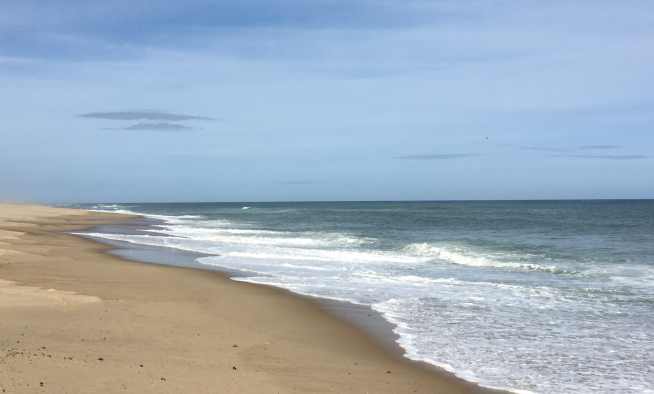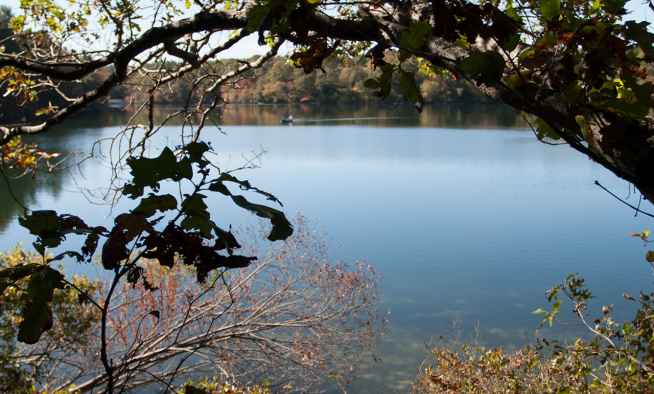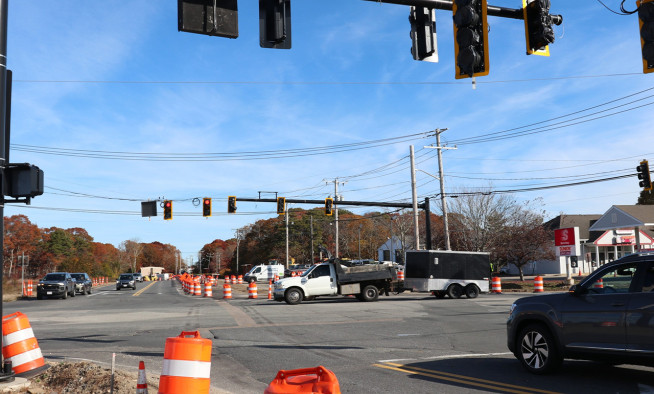BLOG: Planning for a New Economy
This article originally ran as a My View in the Cape Cod Times on March 4, 2014.
Cape Cod attracts residents, visitors and second-homeowners primarily because of our 560 miles of coastline and beaches, our 15 unique towns, and our National Seashore. By the time President Kennedy introduced the world to Cape Cod in the 1960s, the region was already growing rapidly.
The resident population increase in the 1960s culminated in a 53 percent growth rate in the 1980s, a rate unmatched in the state or the nation. While home building kept pace with new market demands, the infrastructure needed to support it did not.
The current resident population is just over 215,000 with the summer population often well in excess of 500,000. As population projections show modest growth (4 percent) for Massachusetts through 2030 and even more modest growth (0.4 percent) during that time for Barnstable County, our challenge is no longer population growth; it is quality economic development for the next generation.
Across the nation birth rates, fertility rates, and marriage rates are low, there is a higher average age, greater population diversity, and a significant change in the retail industry. Recent market analyses show that opportunities exist on Cape Cod for manufacturing and professional services with the region capable of supporting 2 million square feet of additional retail space over the next 30 years and 900,000 square feet of new office space over the next 10 years.
Limited by our own geography and with climate change and sea-level rise at the forefront of every development discussion, we need to get smarter about the type and location of development we promote and attract to the region. We need to stimulate redevelopment, designate economic growth areas, increase the Cape’s commercial tax base, and increase quality year-round jobs.
The Cape Cod Commission’s charge in part is to “anticipate, guide and coordinate the rate and location of development with the capital facilities necessary to support such development.” In the first step towards a new economy, a 2009 Assembly of Delegates vote gave the towns the ability to change Commission review thresholds at the regional level to guide growth toward areas that are adequately supported by infrastructure and away from areas that must be protected for ecological, historical or other reasons. Not one town has raised Commission review thresholds.
In the past two years, the expansions of Hydroid in Bourne and Teledyne Benthos in Falmouth tripped mandatory review thresholds. These companies offer competitive average annual wages, expect significant employment increases and are building environmentally responsible buildings in locations with adequate infrastructure. The Commission needed a process to exempt review of such projects, and last fall we advanced such change.
The Commission is preparing to raise review thresholds to attract like businesses to the region and encourage the type of research and development facilities that pay off-Cape wages in several industrial and service trade areas across the region.
The next Regional Policy Plan will continue the work started in 2009, providing towns increased flexibility over what happens within their borders, while maintaining the regional protections encompassed in the Cape Cod Commission Act. The required update of the Regional Policy Plan was intended to accommodate the evolutionary nature of the Cape’s environmental and economic needs.
Without a change in course, the future economic viability and sustainability of Cape Cod is in question. We need to promote expedited permitting, substitute traditional land use and development patterns with increased density of housing and commercial in economic centers, promote redevelopment over new development, increase inter-jurisdictional cooperation and work together as a region, as one Cape, to shape the future of our economy.
—
Kristy Senatori is Deputy Director at the Cape Cod Commission.
Related Posts




